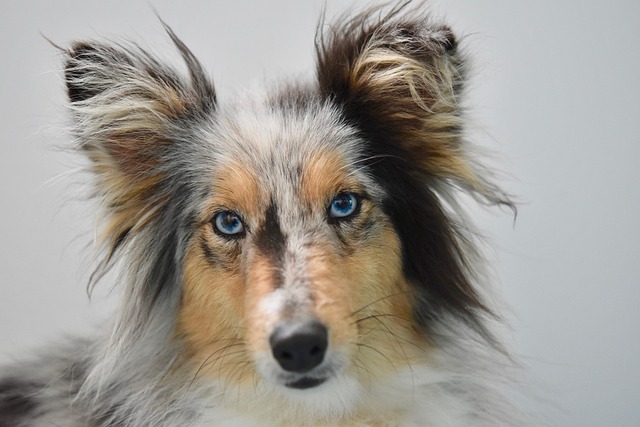
Can dog skin rashes be caused by fleas or ticks
I’ll open with a relatable scenario of a new owner noticing their pup’s rash after a park walk, explain how fleas and ticks trigger skin issues
Most dogs don’t need routine gland expression until they hit specific life stages, but watching for signs matters more than a strict age. Puppies under six months rarely have issues since their glands usually empty naturally during potty breaks—you might only notice a faint, sweet scent if they’re clean. But as dogs hit one to two years old, especially small breeds like Corgis or Shih Tzus, their gland ducts can narrow, making it harder to release fluid on their own. This is when owners might start seeing them drag their rear on the carpet or lick the area excessively, clear cues to check in with a vet or groomer.
Always check your local area’s pet care regulations before handling gland expression yourself—some regions in the EU require groomers to have certification for the procedure, while parts of the US mandate that only licensed vets perform it if there’s signs of infection. Even if it’s allowed, it’s smart to have a professional demonstrate first; squeezing too hard or in the wrong spot can rupture the glands, leading to painful abscesses. Many dog owners also don’t realize that diet plays a role—high-fiber kibble can help bulk up stool, which naturally presses on the glands during bowel movements and reduces the need for manual expression.

Senior dogs, usually over seven years old, often need more frequent gland checks, even if they never had issues before. Arthritis can make it harder for them to assume the right position to empty glands fully, and age-related weight loss can reduce the pressure that fat around the glands normally provides. If you notice a strong, fishy odor coming from your older dog, it’s not just bad breath—it’s likely a sign their glands are full. At this stage, pairing regular vet visits with gentle at-home monitoring (like feeling for small, pea-sized lumps near the anus) can prevent discomfort and keep them healthy.
Never ignore signs of gland trouble, even if your dog is young. A dog that suddenly avoids sitting, yelps when touched near the rear, or has blood in their stool might have an impacted or infected gland, which can turn into a serious issue if left untreated. In places like California or Germany, pet welfare laws require owners to address such health concerns promptly to avoid neglect charges. Remember, every dog is different—some may never need their glands expressed, while others rely on it every few months. Working with a trusted vet to create a care plan tailored to your dog’s breed, age, and lifestyle is the best way to keep them comfortable.
Caring for your dog’s glands isn’t the most glamorous part of pet ownership, but it’s a key part of keeping them happy and healthy. By learning to recognize the signs, following local regulations, and partnering with professionals when needed, you can avoid unnecessary pain for your pup and stay compliant with local laws. Whether you have a playful puppy or a wise senior dog, staying attentive to their body language and scheduling regular check-ins will help you catch gland issues early, so your dog can get back to chasing balls, cuddling on the couch, and living their best life.

I’ll open with a relatable scenario of a new owner noticing their pup’s rash after a park walk, explain how fleas and ticks trigger skin issues

Walk into any neighborhood park at dusk, and you’ll see the difference: a Lab that sits when told but shrinks from other pups, or a Golden Retriever that greets everyone warmly but won’t come when called.

I’ll open with a relatable scenario of a new owner struggling with a warm cooling vest mid-walk, explain how ice pack effectiveness depends on environmental and product factors

Most dogs don’t jump for joy at bath time, but the right water temperature can turn a stressful chore into a calmer experience.

I sat on my friend Jake’s Boston living room floor last weekend, watching him lean in to kiss his 1-year-old Beagle, Daisy—who immediately turned her head

I’ll start with a scenario of a new owner asking how to protect their young pup from future cognitive issues, explain the science behind preventing CCD (focused on brain health and aging)